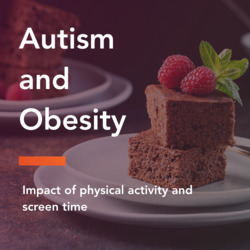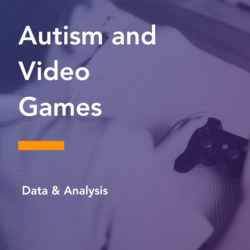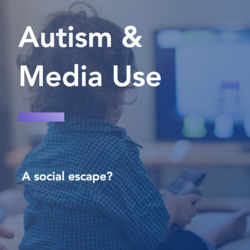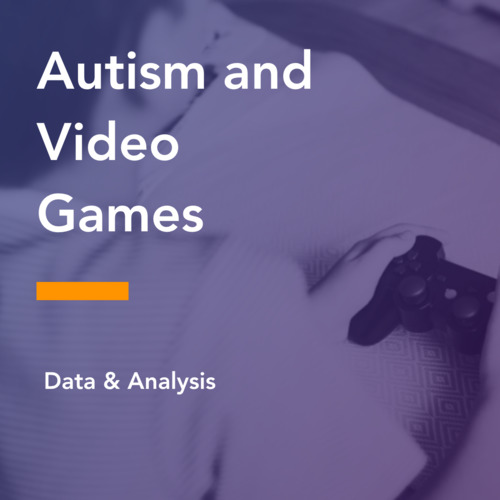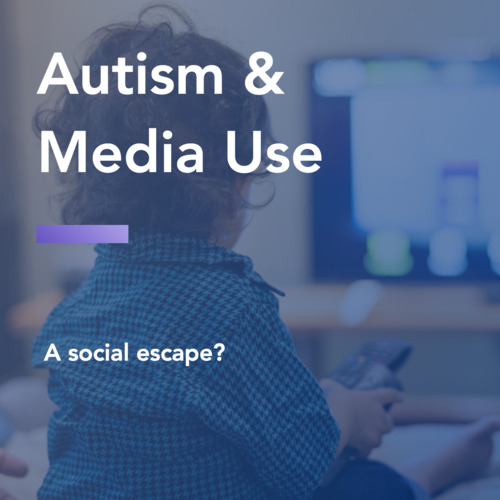Social skills are a common behavioral deficiency in children with an autism spectrum disorder (ASD). Delays in social skills development can affect a child’s ability to form relationships, communicate appropriately, and understand social constructs. In this article, we discuss how and why children with autism refrain from participation in team sports.
Study design
Researchers took a sample of 13-years-old boys from a large, nationally representative survey in Ireland between 2007 and 2008. The survey covered 910 primary schools. Questions were answered by both participants and their parents about their health and lifestyle behaviors.
They formed two study groups: autism and typically developing (TD) boys. The TD group reflected the demographic layout of the larger dataset and was considered a good representation of the Irish population.
How do children with and without autism participate in sports-related activities?
1. Recruit
Recruited 67 children with and 74 children without autism from primary schools in Ireland
2. Question
Sent questionnaires to children and parents about sports participation
3. Analyze
Analyzed the similarities and differences between groups
Source: Physical Activity, Screen-Time Behavior, and Obesity Among 13-Year Olds in Ireland With and Without Autism Spectrum Disorder
Number of sports outside of school
Participants were asked how many sport-related activities they participated in outside of school-mandated physical education classes in the last year. An example of this would be membership in a soccer or tennis team.
Typically developing children were most likely to report participation in four or more activities in the least year. Children with autism were most likely to report no sports activities. Only three participants said they participated in four or more activities in the last year.
Autism and Sports Results
34.3%
of children with autism did not play any sports outside of school
Team Participation
# of teams
Typically developing children
In the last year, children with autism participated in less team or individual sports outside of school-based physical education than typically developing children.
In the data, we also saw that children with autism may prefer sports activities that do not involve a coach.
“
In Ireland, sports that involve a coach would most commonly be team sports such as football... The social nature of these sports may be demanding for a child with difficulties in the social domain, such as those with ASD.
Autism and Sports Results
35.8%
of children with autism never play sports with a coach
Children who play coach-lead sports
%
Typically developing children
Typically developing were more likely to play at least one coach-lead sport a week than children with autism.
Autism Spectrum Disorder
The Key Deficits in Autism Spectrum Disorder
Possible reasons why
A portion of the participants gave reasons for not participating in sports. Of this sample, the most common response was a preference for video games. Another reason reported was a lack of competitiveness.
Lack of sports participation Reasons why
of children with autism did not play any sports outside of school-required physical education
Number of children with autism who cited the reason
13
"I prefer playing video games"
2
"I do not like team sports"
The lure of video games
In a similar study, researchers compared how many hours a day young boys spent playing video games on average. They found that boys with autism, on average, played video games for more hours in a day than typically developing boys.
Boys with autism spend more time playing video games than typically developing boys
Boys with Autism: 2.1 hours a week
Typically developing boys: 1.2 hours a week
Source: Video Game Use in Boys With Autism Spectrum Disorder, ADHD, or Typical Development
Video games are considered a nonsocial media. This means that children who play video games are not required to socially integrate with a group or maintain communication with others. For some autistic children who struggle in these areas, video games may be more enjoyable for them than engaging in cognitively or socially demanding tasks.
Though video games may be a low-stress activity, research tells us that extensive media use in developing children may increase their risk of problem behaviors and obesity. This, paired with lower rates of sports participation, creates a health concern for children with autism.
















